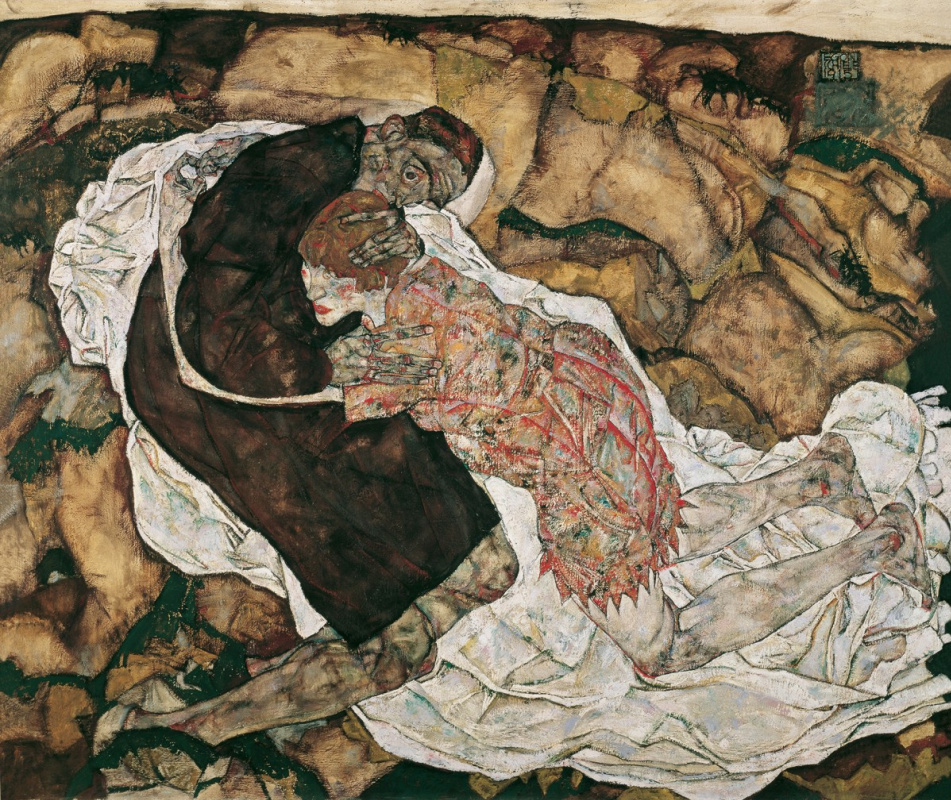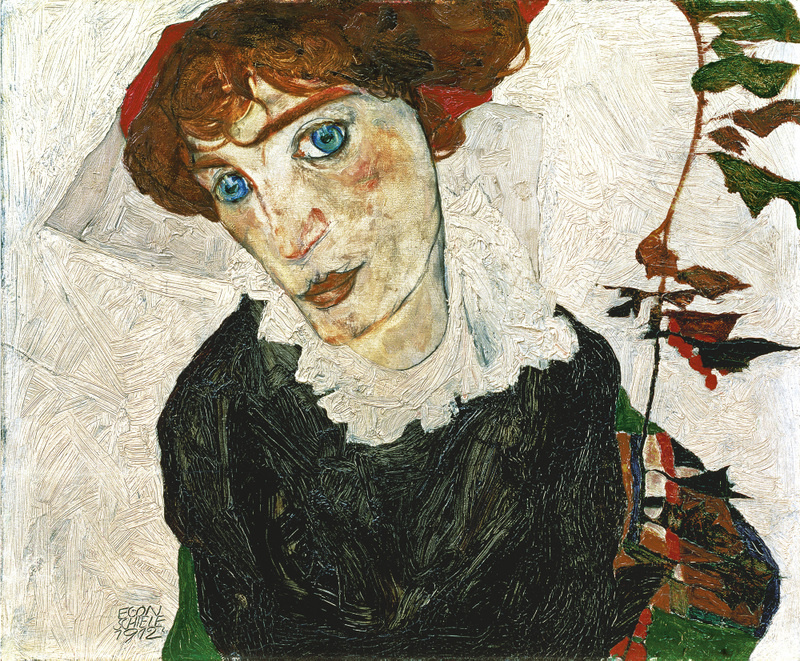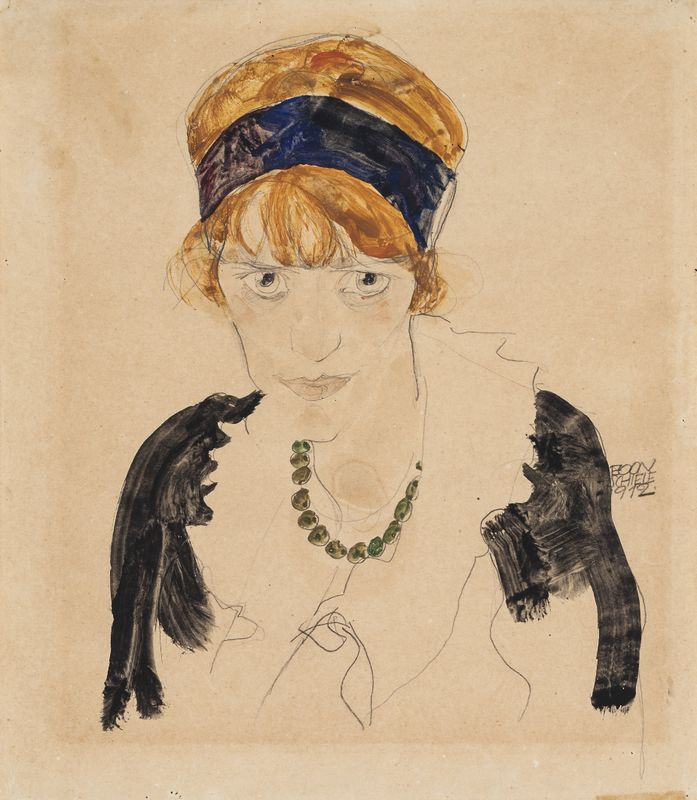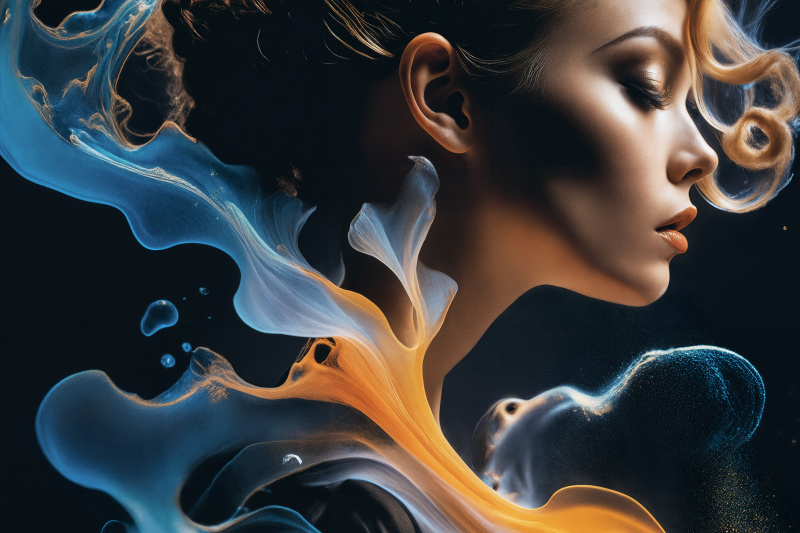The biography of the Austrian artist is very short, but vivid. The Spanish flu took Schiele into the afterlife (together with his wife, six months pregnant) at the age of only 28 years. During that period, he managed to go to prison, to the war, to live with the Klimt's former model, and to marry a girl from a respectable family. It is not surprising that the events of his life multiple times became the basis for film scripts. In 1980, the biography of Egon Schiele, or rather the last few years of his life, was filmed by the Austrian director Herbert Vesely.
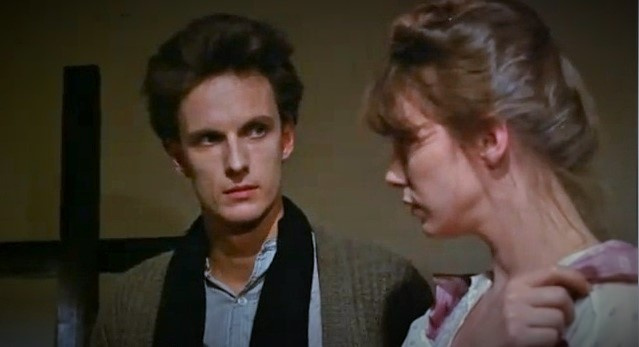
The rhythm of the film is unhurried, meditative and hypnotic. It seems that during the final editing, some fragments of the footage were deliberately put in a chaotic order to put the viewer into a trance. This is the case for the plot — the story of the scandal with a 15-year-old girl who was hiding for some time in the house where Schiele lived with his companion and model Wally Neuzil. The events around the court in the case of child molestation are told nonlinearly, and among flashbacks and flashforwards, it becomes not entirely clear which of them is true, and which is fiction or fantasies of their participants or authors of the film.

A still from the Egon Schiele — Excess and Punishment movie
After the acquittal, during the announcement of which one of his drawings was exponentially burned, Schiele is trying to recover from the fact that his work was still considered not art, but just miserable pornography. In any case, he could no longer live in small towns, where his eccentric lifestyle immediately attracted the attention of local residents, so he moved to Vienna, where he met his future wife.

A still from the Egon Schiele — Excess and Punishment movie
Worthy of separate attention is incredible portrait similarity of the actors chosen for the role of the artist and his wife Edith. Apparently, the director was so much satisfied with his lucky casting that he could not resist the temptation to long demonstrate those angles of the artist Mathieu Carrière, which are especially reminiscent of Schiele’s self-portraits. Vesely also could not deny himself the innocent pleasure of setting the heroes against the background of paintings where they are depicted in the same clothes and the same poses.

The poster
of the Egon Schiele — Excess and Punishment movie
But even without any clues in the frame
, you still unmistakably recognize the originals from the perspectives of the models and even from the stockings with boots worn on them. A considerable amount of screen time allotted to the thoughtful glide of the camera over the semi-naked bodies of the models allows you to watch them properly. Especially in the workshop of Gustav Klimt, where Schiele came in search of support and help. Klimt himself appears only a couple of times in the movie — in his famous long robe and certainly with a cat in his hands, as in the canonical photograph.
The movie is generally filmed in the genre of an "alive painting": Schiele’s works are seen here and there, both in the rusty-autumn forest landscapes and the broken rhythms of the narrow Viennese streets.
The picture "Death and the Maiden" is shown in the Egon Schiele — Excess and Punishment movie
The only one who violates this pedantic reproduction of the mood of the artist’s paintings is actress Jane Birkin as Wally Neuzil. For her sake, the director sacrificed the portrait resemblance once, and it was worth it.

A still from the Egon Schiele — Excess and Punishment movie
Birkin is the main star of the film, and she shines dazzlingly almost throughout its entire length, making her heroine almost the main acting character. She does not resemble the Wally images from Schiele’s paintings: too lively, too quivering, overwhelmingly graceful and sensual. If it were not for Birkin’s participation, the atmosphere of the film would be too depressing, because the artist’s biography does not provide for a happy ending for any of its participants.
Brian Eno also worked on the viscous atmosphere (even people who are very far from music know his work from the classic screensaver for Windows 95). Starting with the opening credits, the viewer is accompanied by otherworldly ambient, in which several notes of the Viennese waltz reinterpreted by the British musician are guessed.






